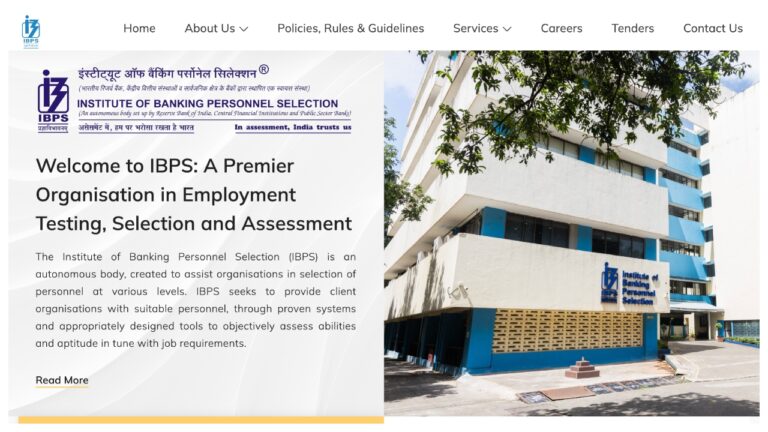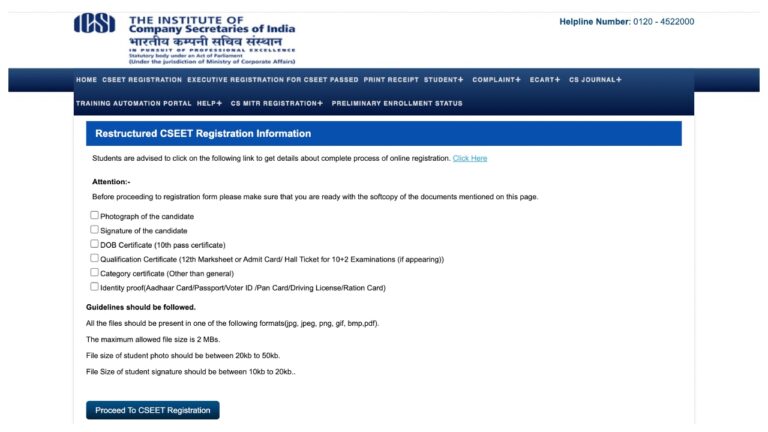In the new global competitive scenario youth are extravagantly moving towards the success of life, and to attain and maintain status they are compromising their health.
With increasing modernization, the mechanism sedentary has become part of our lifestyle. A sedentary lifestyle decreases energy expenditure and therefore contributes to overweight and obesity. Poor diet and physical inactivity lead to obesity.
Obesity is an abnormal and excessive amount of body fat that leads to many diseases like high blood pressure, diabetes, and atherosclerosis. Crash diets are not a sustainable solution once you lose weight and start eating your old weight will come back.
To lose weight safely and sustain that weight for a lifetime it is necessary to lose weight gradually with proper eating habits and a healthy lifestyle.

Tips for successful weight loss
1)Eat healthy and nutritional food
Eating a variety of nutritional-dense foods from all the food groups. Grains should be included as they provide energy, milk, and milk products as they give your body protein, calcium, and vitamin D.
Good fats should be included they help you absorb certain vitamins and make food taste good. Plenty of fruits and vegetables should be included as they give fullness to our body and are loaded with nutrients. The diet should be rich in fibre meals can be started with salads.
Foods to avoid eating include :
- Processed food
- Red meat
- Foods with added oil and butter
- Excessive sugary food
- Junk food like pizza, chips, burgers, and French fries.
2) Engage in regular physical activity
Dietary modification and physical fitness go together. Regular exercise is vital for both physical and mental health. Physical activity helps you feel better and improve overall health boost self-esteem and manage your weight.
Do moderate or vigorous physical activity for 30 – 45 min a day most of the week.
3) Control portion and calorie deficit
To reduce the intake of food, the serving size can be reduced, and small size plates and ladles can be used. Food should be consumed regularly in measured amounts. Snacking on fried foods between meals should be avoided.

The diet should be low in sugar, sweets, cakes, and chocolates should be avoided.
4) Mindful eating
Many people benefit from mindful eating which includes how, why, when, where, and what to eat. Eat when you are hungry, stop when you are full. People who practice mindful eating also try to eat slowly focusing on the final meal in 20 min.
3 Major meals should be included per day: breakfast, lunch, and dinner. Meals should not be skipped. Remember, healthy eating is all about balance.
5) Stress management
Stress is a major reason for overeating and relapse. A person can reduce stress-related overeating by learning how to overcome their stress rather than eating while being stressed.
The best way to manage stress is by doing some meditation and yoga and a kind of therapy like music and dance also help out. The main cause of stress is sleep. It is important to sleep for at least 8 hours.










